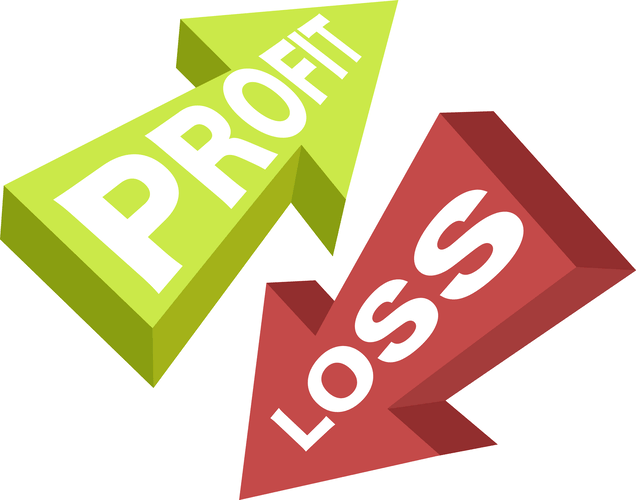
The NACPB offers a certified public bookkeeper (CPB) certification, while the CPB offers a certified bookkeeper (CB) certification. Both the CPB and CB certifications require similar eligibility requirements. You can earn either certification by passing a four-part multiple-choice exam, agreeing to abide by a professional code of conduct, and verifying your bookkeeping accounting education and experience. As a bookkeeper, you will verify and balance receipts, keep track of cash drawers, and check sales records. Bookkeepers also deposit money, cash checks, and ensure correct credit card transactions. You need to hire a reliable bookkeeper who is familiar with the Generally Accepted Accounting Principles (GAAP) so that they enter your financial data with reliability and accuracy.

Now that you have a better understanding of bookkeeping, you may be wondering if it’s something you want to take on yourself or with the help of a professional. When making this decision, there are two things you should keep in mind. By staying up to date with your bookkeeping throughout the year, you can help alleviate some of the stress that comes with filing your taxes. This content has been made available for informational purposes only. Learners are advised to conduct additional research to ensure that courses and other credentials pursued meet their personal, professional, and financial goals. Though having a two-year or four-year degree isn’t always required to be hired as a bookkeeper, some companies may prefer candidates who do.
Ex-IRS contractor Charles Littlejohn, who admitted leaking Trump’s tax records, sentenced to 5 years in prison
There’s always a demand for experienced, efficient bookkeepers in nearly every industry. Companies often outsource the organization of their finances to independent professionals, then hire accountants for more complex issues and tax filing. The information from a company’s balance sheet and income statement gives the accountant, at the end of the year, a full financial picture of the firm’s bookkeeping transactions in the accounting journal.

The American Institute of Professional Bookkeepers offers certification for experienced bookkeepers. You will learn how to record costs, value inventory, calculate depreciation, analyze financial statements, and use software programs. The courses cover bookkeeping, Microsoft Excel, business math, and payroll administration. Bookkeeping is the process of recording all financial transactions made by a business. Bookkeepers are responsible for recording, classifying, and organizing every financial transaction that is made through the course of business operations. The accounting process uses the books kept by the bookkeeper to prepare the end of the year accounting statements and accounts.
What does a bookkeeper do?
Bookkeeping is responsible for the day-to-day transactions of a business, such as invoicing, paying bills, and entering and categorizing expenses. Every business owner needs to keep accurate and timely accounting https://www.bookstime.com/articles/what-is-encumbrance-accounting records, so good bookkeeping is a vital part of the business. Bookkeeping builds the business’s financial foundation, and that financial foundation is where you base your business decisions.
If you’re ready to take bookkeeping off your plate and delegate this task to someone else, it can be hard to know where to look. Start by reaching out to other business owners for recommendations, how to bookkeeping for small business searching online for providers and checking out reviews on Google or Yelp. If you don’t feel comfortable with a freelancer, there are many firms that offer bookkeeping services as well.